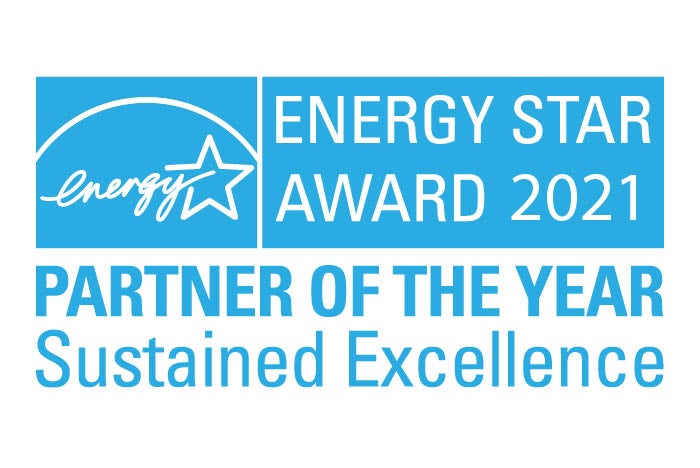ENERGY STAR honors ASHE again

The American Society for Health Care Engineering (ASHE) has once again been named an ENERGY STAR® Partner of the Year — Sustained Excellence, making it the fifth consecutive year ASHE has been named a partner.
ENERGY STAR Partner of the Year – Sustained Excellence is the highest honor given by ENERGY STAR to those who go above and beyond to help drive energy efficiency and economic competitiveness across various fields, including health care. The program is run by the Environmental Protection Agency (EPA) and the Department of Energy.
ASHE provides resources and programs specifically tailored to hospitals, which have unique energy needs due to their around-the-clock operation and the energy-intensive medical equipment required for patient care. ASHE’s Energy to Care program helps hospitals track energy use and become more efficient. ASHE uses Energy to Care challenges, awards, hosted programs and publications to raise awareness about the importance of sustainability.
“ENERGY STAR award-winning partners are showing the world that delivering real climate solutions makes good business sense and promotes job growth,” says EPA Administrator Michael S. Regan.
Kara Brooks, LEED AP BD & C, sustainability program manager at ASHE, says that more than 3,600 facilities participate in the Energy to Care program, and last year the organization awarded 255 facilities Energy to Care awards. Also, by the end of 2020, 444 facilities reported an ENERGY STAR score of 75 or greater.
The savings in energy use also amounts to a savings in energy costs. Brooks says that ASHE’s sustainability programs are designed to help hospitals become more energy efficient so that they can divert more funds to direct patient care.
As ASHE celebrates another year as an ENERGY STAR partner, Brooks says it is looking forward to developing more sustainability programs and resources for its members. It launched the Energy to Care newsletter in October 2020, and recently partnered with Practice Greenhealth to form an energy-efficiency cohort for safety-net and rural hospitals.
One of the cohort’s goals is to leverage innovative approaches to financing and technical assistance to help support efficiency in facilities with fewer resources.
“ASHE’s sustainability programs help health care organizations to not only prioritize their role in fighting climate change but provide them resources to make it possible,” Brooks says.
“Our strategic thought leadership, resources and programs support health care organizations in their pursuit of sustainability,” she says.




